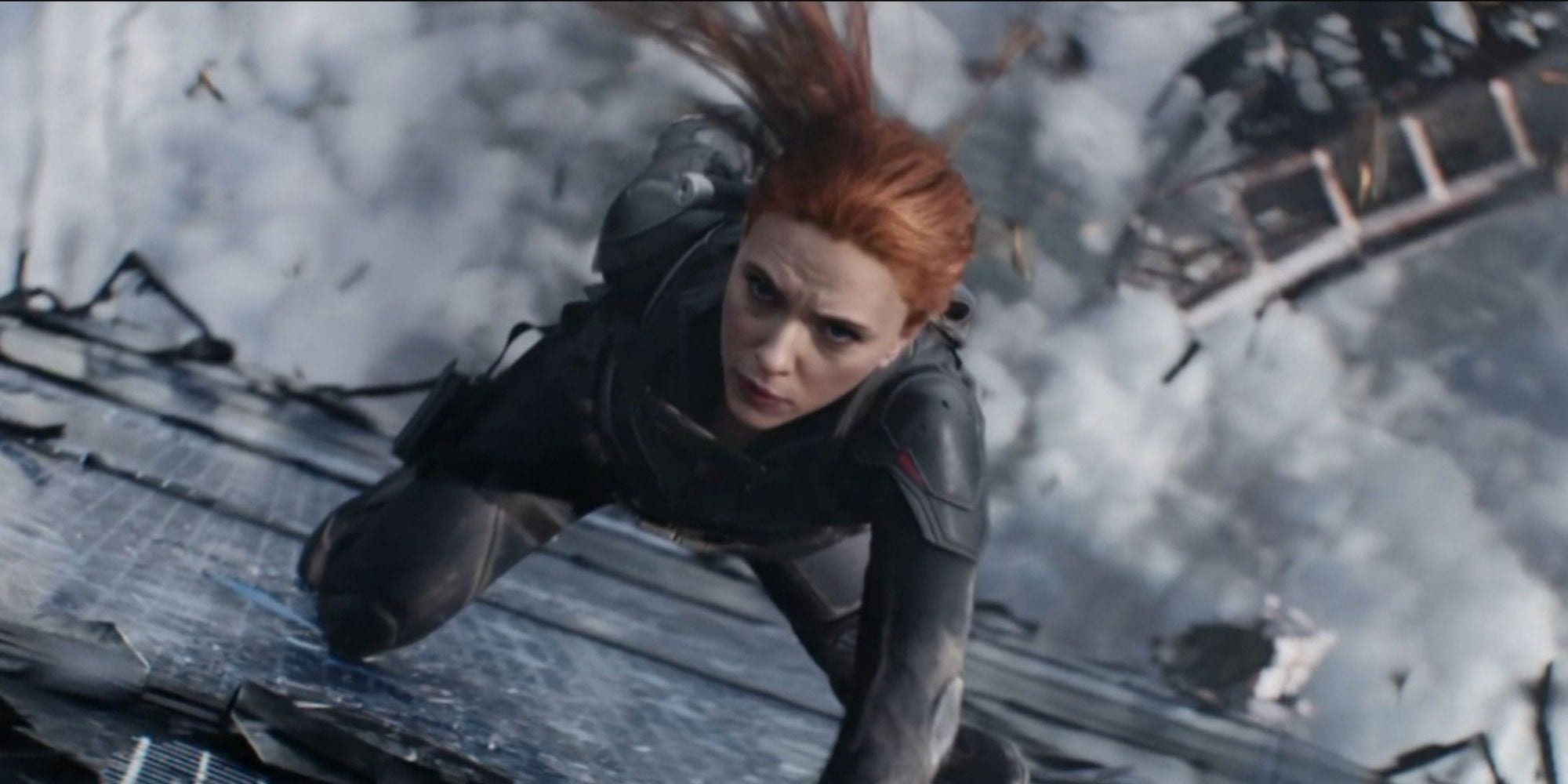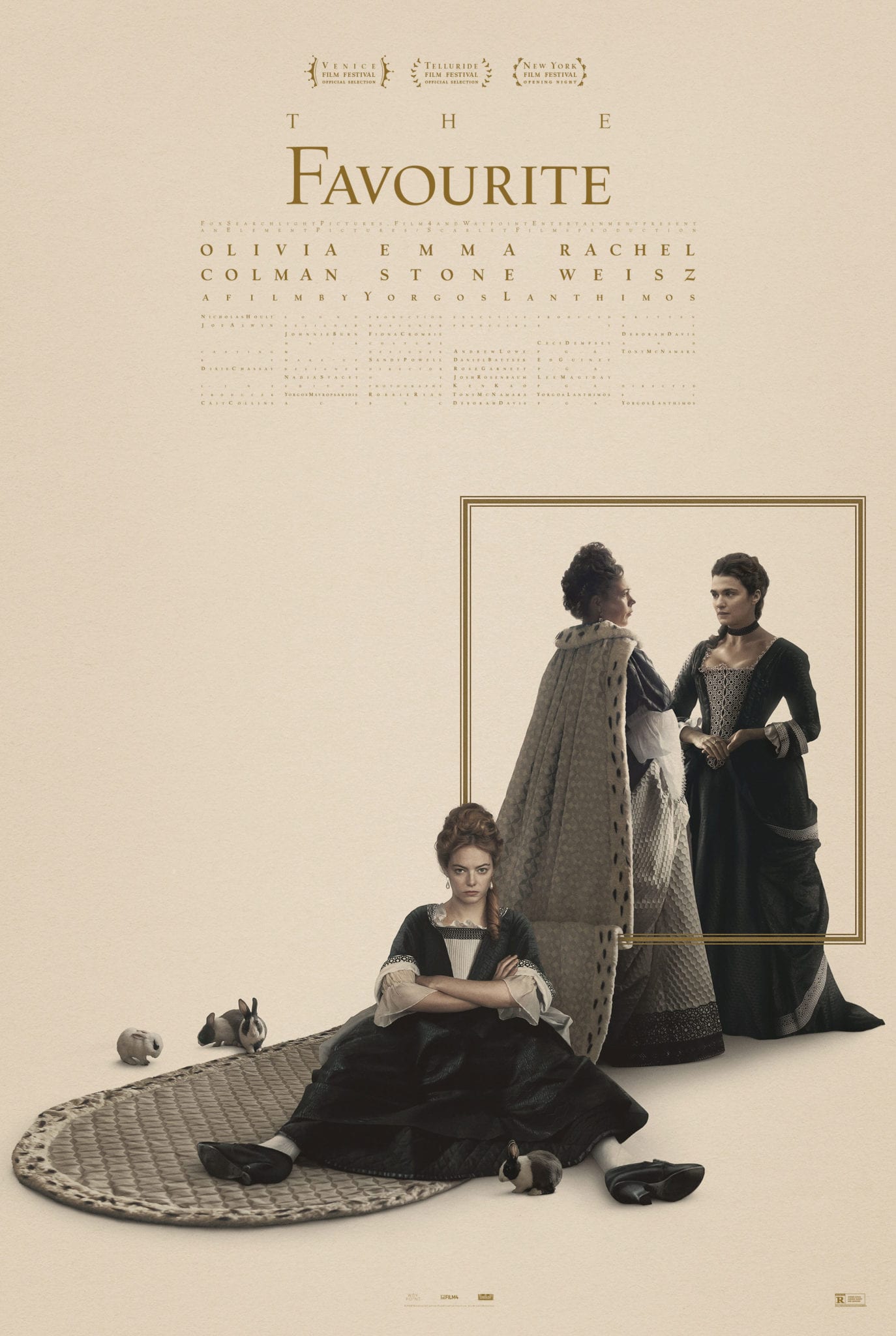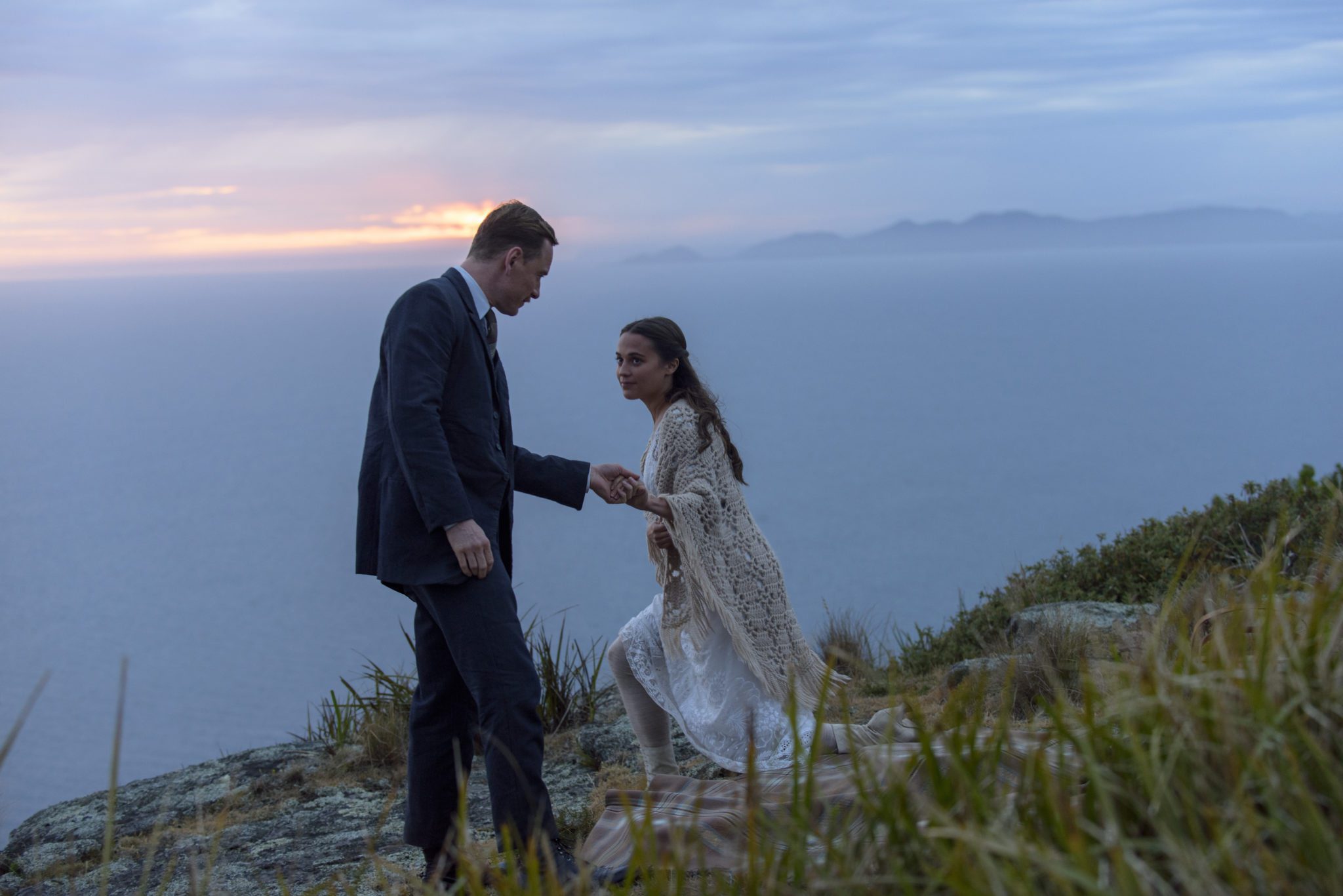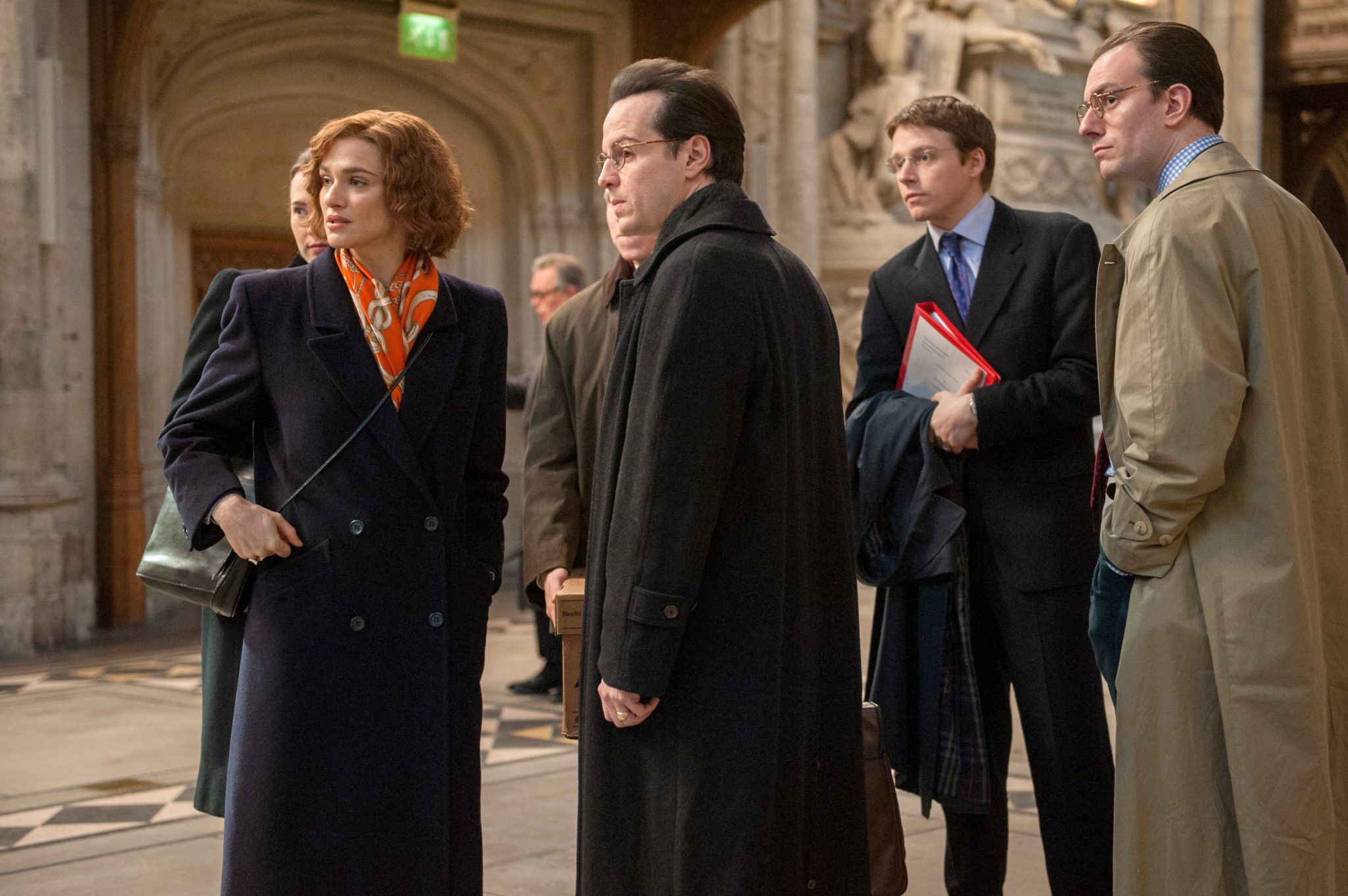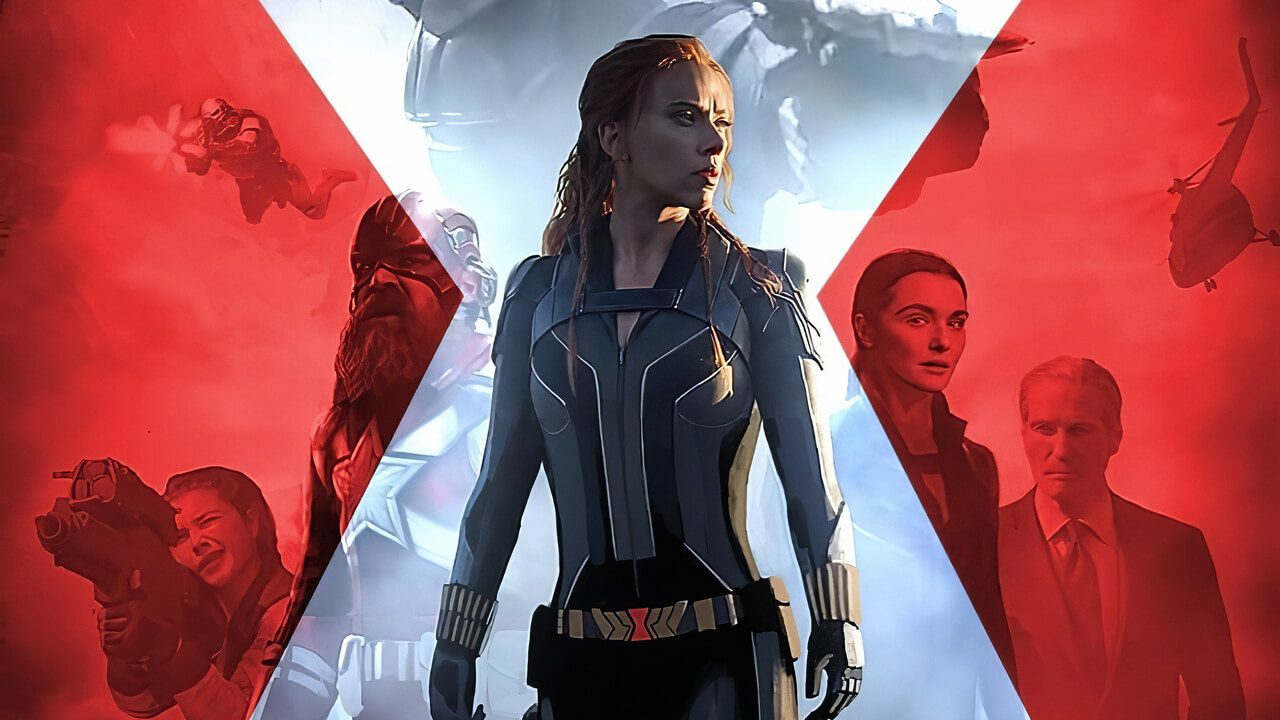
Teenfish #14 ~ BLACK WIDOW!

Welcome to Teenfish, a podcast series that lets teenagers and young adults speak about media that matters to them in their own voice. Hosted by Daniel Collins, Teenfish airs every month and invites local youth to engage the truth and lies of the shows and films that excite them.
Marvel Studio?s latest masterpiece, BLACK WIDOW, is a phenomenal solo movie about Natasha Romanoff, ?a total poser?, aka Black Widow, as she confronts the darker parts of her ledger when a dangerous conspiracy with ties to her past arises. Pursued by a force that will stop at nothing to bring her down, Natasha must deal with her history as a spy, and the broken relationships left in her wake long before she became an Avenger. This month, Daniel is joined by Cat, Riley, and Jacob to discuss sexism, family, human trafficking, and some great acting!
You can also stream the episode above on podomatic, Alexa (via Stitcher), or Spotify! Or, you can download the ep on Apple Podcasts or Google Play!

